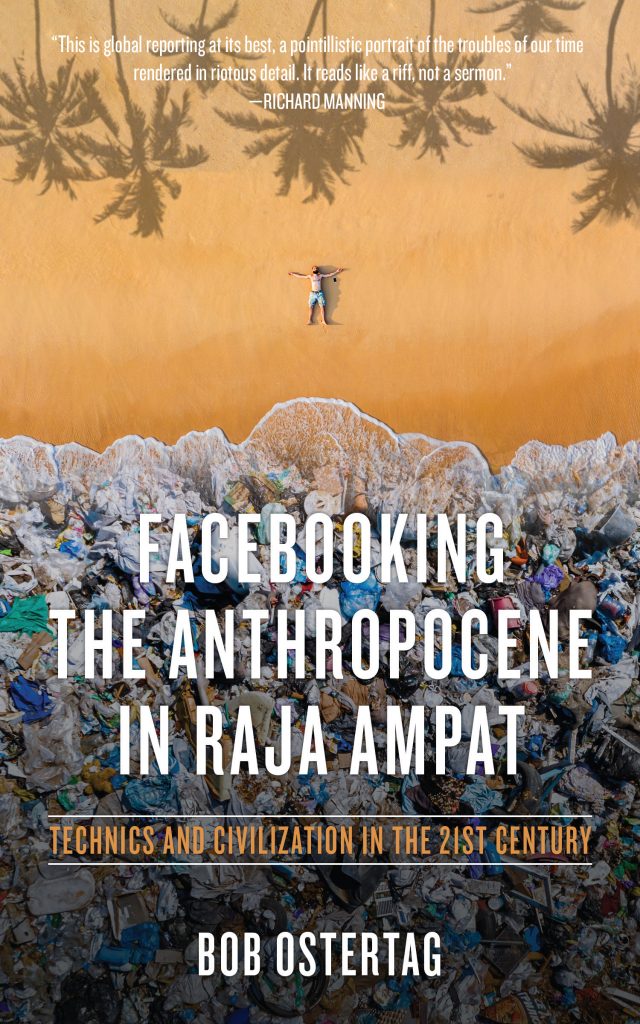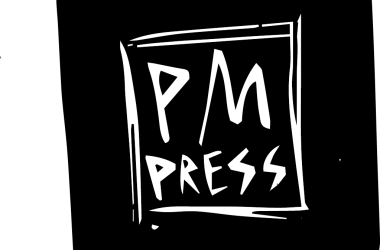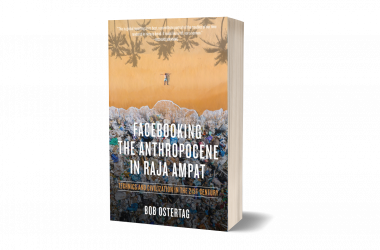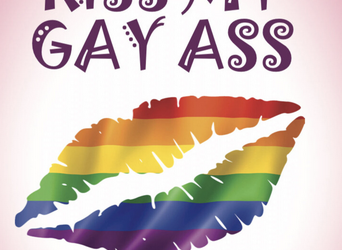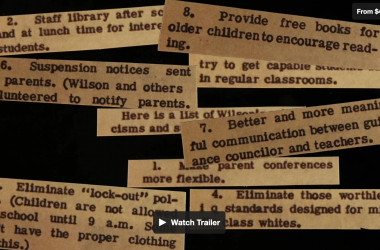By Bob Ostertag
May 9th, 2020
Last April 1, I wrote that there was a range of guesses at how far global greenhouse gas emissions had fallen as a result of the pandemic, snd that 40% was at far outer edge of a credible guess, which is where the UN said the world had to get by 2050. A little more than a month later, we have much better data. Well, we have better data now, and the International Energy Agency reports a reduction of only 8%.
Let’s put that in context. The UN estimates emissions will have to fall by that amount every year for 10 years to reach the goals of the Paris Agreement.
Thus: imagine that we keep the current level steady from now until the end of the year, and then next year reduce emissions from the current low level by an equal amount. And then do that again the following year. And the year after that, for 10 years. That would get us to the levels of the Paris Agreement. A level criticized by many climatologists as insufficient.
Quite a sobering thought. As if we needed sobering thoughts right now.But no sense in trying to hide from it. There is no hiding place.
OK. Back to our normally scheduled programming.
Wait a sec… What’s normal right now?
Robert Ostertag’s work cannot easily be summarized or pigeonholed. He has published more than twenty albums of music, five books, and a feature film. His writings on contemporary politics have been published on every continent and in many languages, beginning with his work as a journalist covering the civil war in El Salvador in the 1980s. His books cover a wide range of topics, from labor unions to the history of journalism to estrogen and testosterone. He has performed at music, film, and multimedia festivals around the globe. His radically diverse musical collaborators include the Kronos Quartet, John Zorn, Mike Patton, transgender cabaret icon Justin Vivian Bond, British guitar innovator Fred Frith, EDM DJ Rrose, and many others.


